Keywords: Origins
There are more than 200 results, only the first 200 are displayed here.
-

AUSTRALIA
- Ellena Savage
- 31 October 2014
4 Comments
I take a lot of selfies. Some of them are silly, coquettish, dramatic. Others are just my face looking into my computer, sitting where I work, dressed in work clothes. They mean more or less nothing. They’re just an inane collection of data on my laptop, or too easy self-portraits. Nothing means nothing, but it says something about the culture.
READ MORE 
-

AUSTRALIA
- Bronwyn Lay
- 21 October 2014
19 Comments
The French social scientist Bruno Latour referred to the 'uniquely Australian strategy of voluntary sleepwalking towards catastrophe'. His view conflicts with that of our prime minister, who said last week that coal is good for humanity. Abbott's thinking forgets that humanity lives within the earth's critical zone, a home that's not looking so good for humanity.
READ MORE 
-
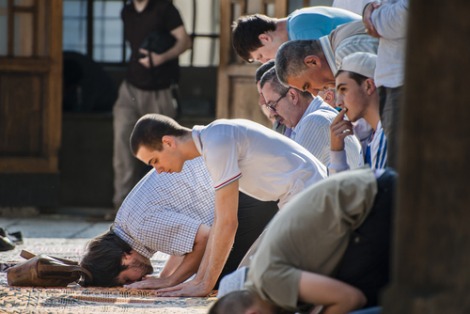
INTERNATIONAL
- Tim Mayfield
- 15 October 2014
11 Comments
Actor Ben Affleck was only partly right in his recent take-down of conservative US pundits Bill Maher and Sam Harris for their perceived 'Islamaphobia'. The reality is that there is a battle for the heart and soul of Islam that has been playing out around the globe since the 60s and 70s. It is therefore only natural that an ideology that rejects the failed colonial paradigm of nation-states and instead promotes the grand vision of a resurrected caliphate is compelling to many.
READ MORE 
-
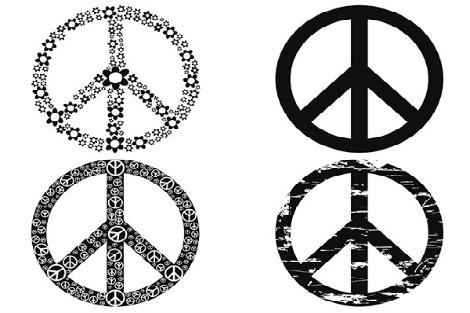
INTERNATIONAL
- Gillian Bouras
- 02 October 2014
11 Comments
I used to style myself a pacifist. Or hoped I was one. Or something. But that was before I had children. The minute I clapped eyes on my first-born, I realised that any threat to him would see me transformed into a murderous monster, and I later felt the same about his two brothers.
READ MORE 
-
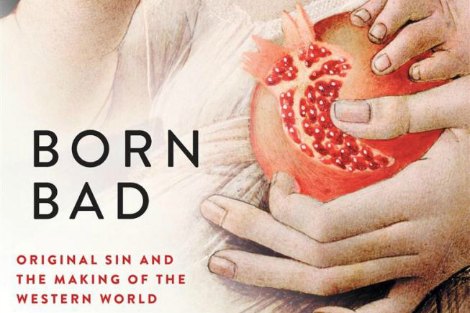
INTERNATIONAL
- Andrew Hamilton
- 04 September 2014
13 Comments
James Boyce claims that contemporary attitudes to politics, human origins, economics and human psychology can be understood only if we recognise the hidden presuppositions imported from the theology of original sin. Theories on human nature such as those proposed by Adam Smith, Sigmund Freud, Richard Dawkins and the US Founding Fathers, tried to emancipate people from religious ideas, but often unwittingly enshrined them.
READ MORE 
-
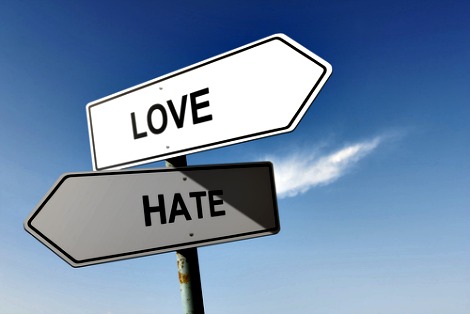
AUSTRALIA
- Andrew Hamilton
- 21 August 2014
17 Comments
Antisemitism and racism are rightly considered shameful. Those accused of these things usually deny the charges vehemently. Declaring critics of the actions or policies of, say, the Zimbabwe or the Israeli government, to be racist or antisemitic should be called for the bullying it is. Prejudice needs to be demonstrated, not asserted.
READ MORE 
-
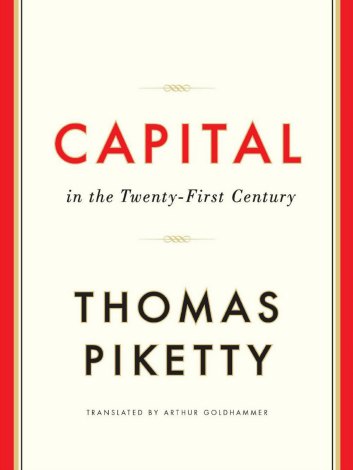
MARGARET DOOLEY AWARD
- Harry Maher
- 20 August 2014
14 Comments
Inequality is dangerous. And inequality is at a near all-time high. At its core, the Government’s recent budget not only engenders but actively exults in the creation and maintenance of inequality, a phenomenon rapidly expanding not just in Australia, but around the world.
READ MORE 
-
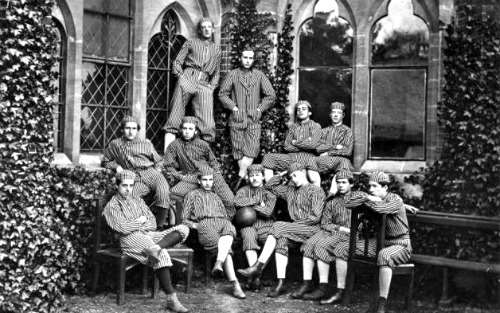
EDUCATION
- Andrew Hamilton
- 11 July 2014
11 Comments
One of the more unlikely pieces of speculation to emerge from the World Cup concerned the origins of soccer in Brazil. A historian of the game claimed that it had been introduced by the Jesuits. According to the thinking of the Jesuits at St Louis School in Itu, near São Paulo, 'all the muscles [would] work harmoniously, and the moral lessons imbibed from sportsmanship [would] be assimilated by the students.'
READ MORE 
-
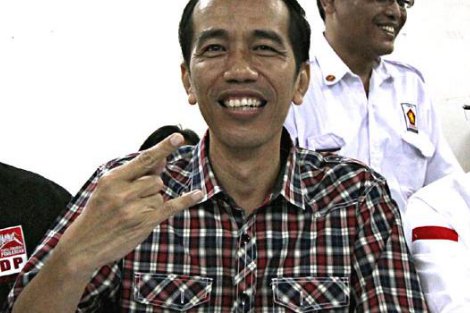
INTERNATIONAL
On 9 July, Indonesians will vote on their next president by punching a hole in a ballot paper with a large nail. Timor-Leste used the same system for its historic independence ballot in 1999. The issues differ of course but the choices to be made are equally stark. Democratic development and human rights in Indonesia will either advance or regress depending on who is nailed next month.
READ MORE 
-
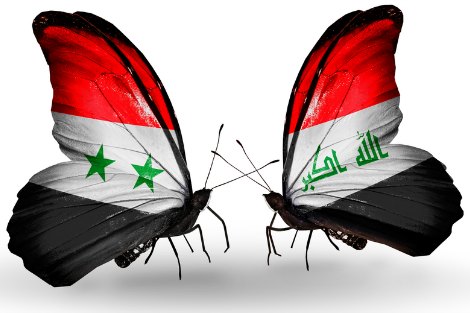
AUSTRALIA
- Kerry Murphy
- 17 June 2014
11 Comments
In October 2013, Jesuit Fr Frans van der Lugt wrote about the suffering of the besieged people of Homs in Syria: 'Despite these difficulties, we keep grasping onto hope.' On 7 April 2014 he was executed outside his home. The rout of Iraqi forces in Mosul by the extremist Islamic State of Iraq and Levant must be a worry to the Iraqi authorities and the US and Western countries that have invested so much in the new post Saddam Iraq.
READ MORE 
-
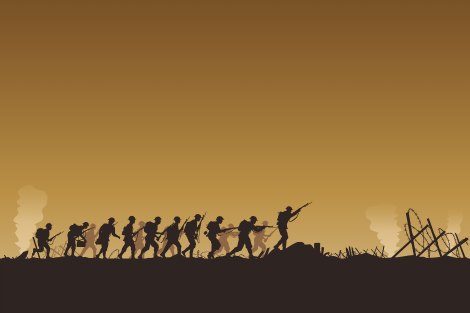
AUSTRALIA
In 1983, when his yacht Australia II won the America's Cup, Alan Bond hailed the feat as the greatest Australian victory since Gallipoli. His ludicrous misspeaking shows that by the 1980s the mythmakers' interpretation of the significance of Gallipoli was dominant. But the notion that the Diggers of Gallipoli and their successors in subsequent wars are somehow the paramount exemplars of Australian virtues does not survive scrutiny.
READ MORE 
-

RELIGION
- Andrew Hamilton
- 17 April 2014
16 Comments
Both the Jewish Passover and the Christian Easter are exercises in memory. The Jewish child who asks why this day is remembered is told a story of slavery in Egypt followed by deliverance by God. He stands in line with other children who asked the same question during the Holocaust. The devaluation of history and memory has a deeply corrosive effect on society. In our society we can see this in our treatment of asylum seekers.
READ MORE 